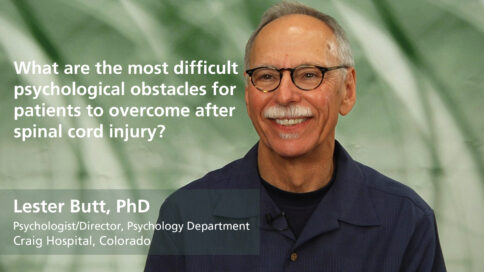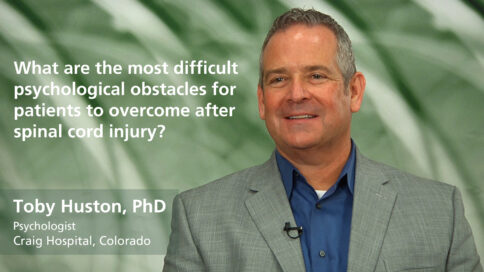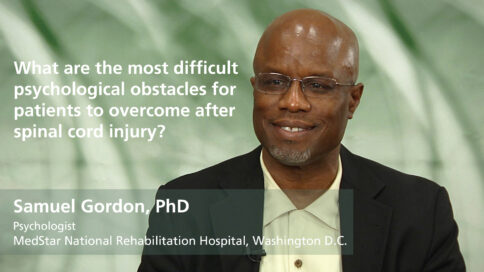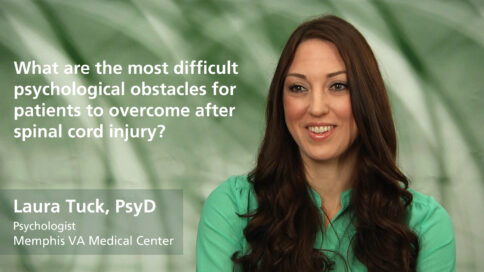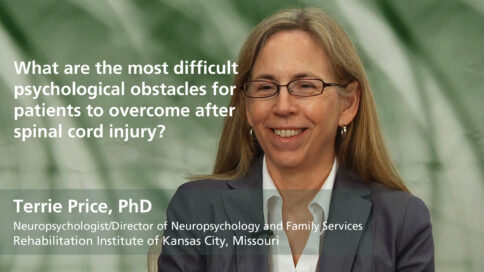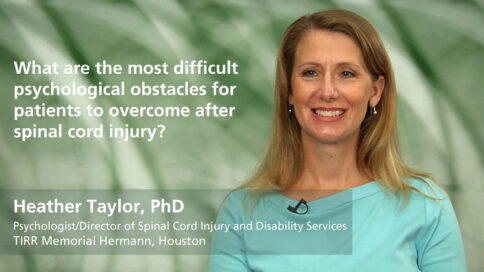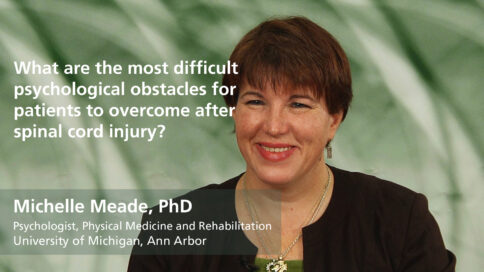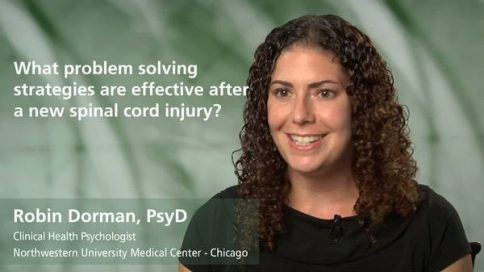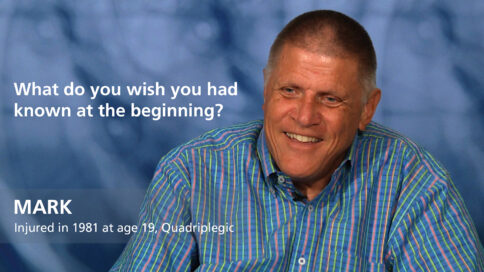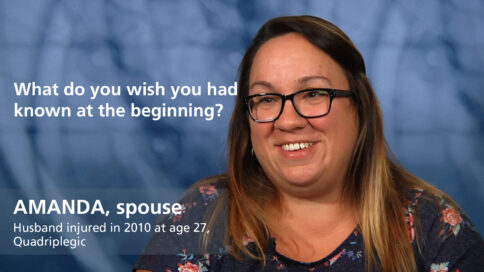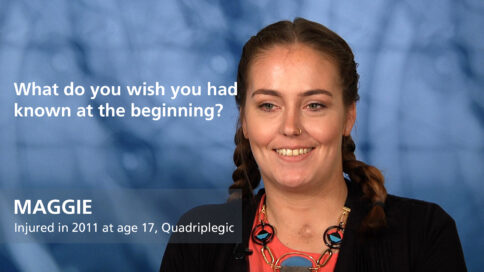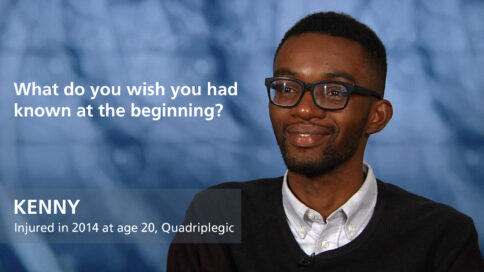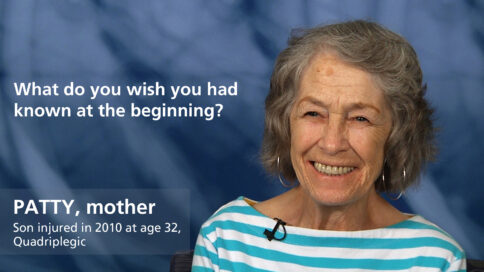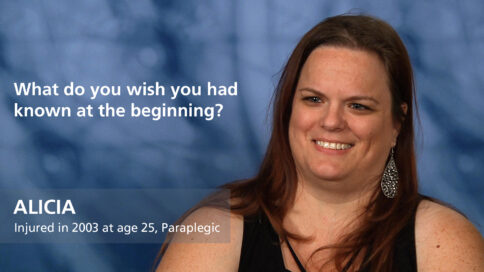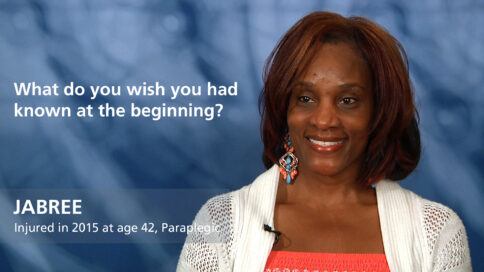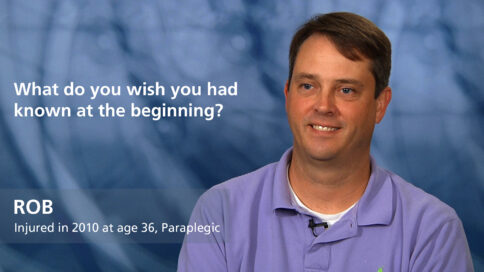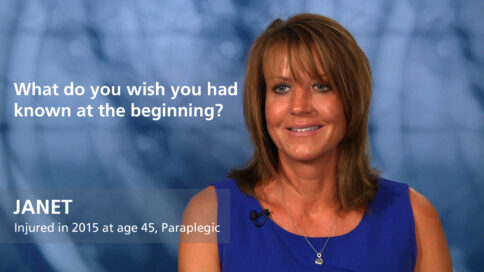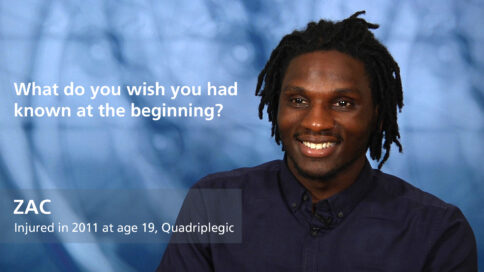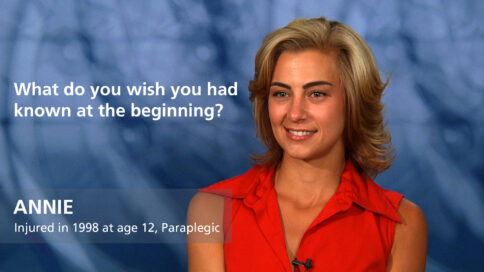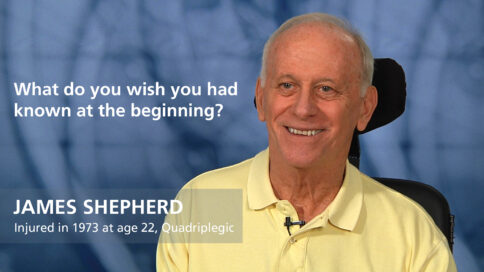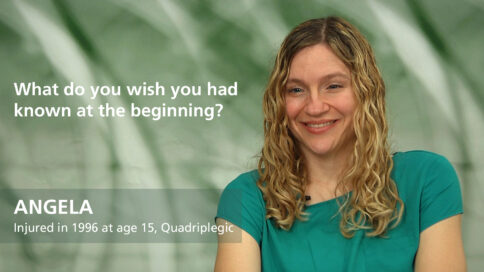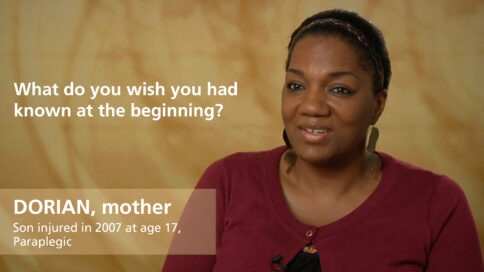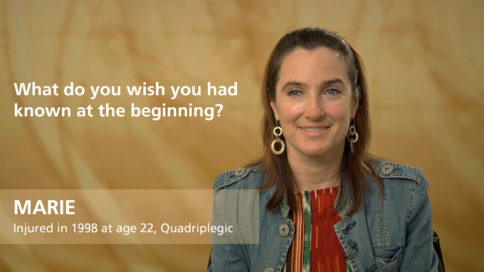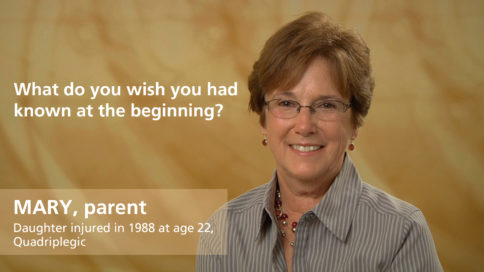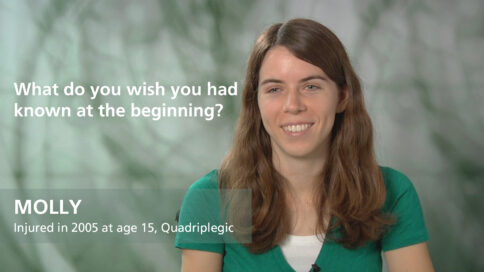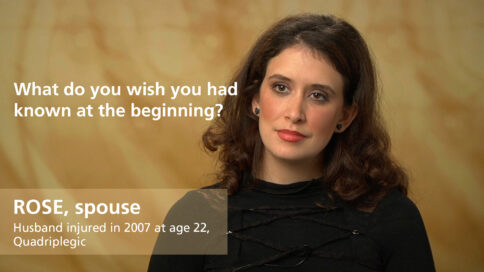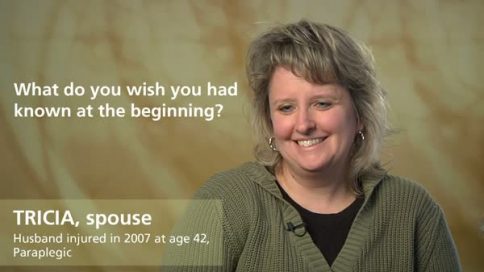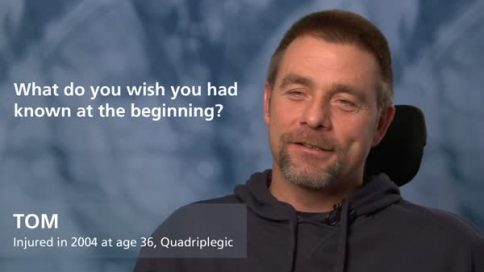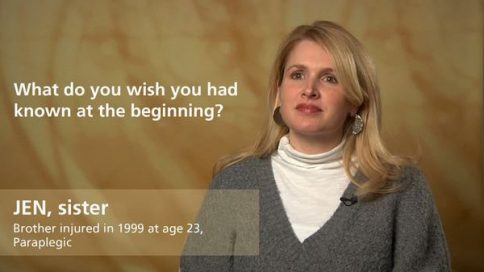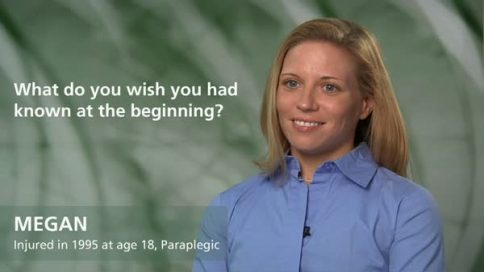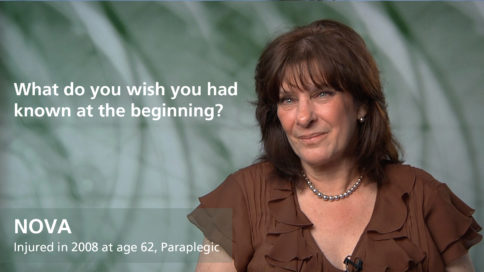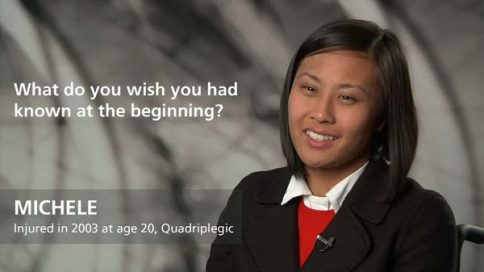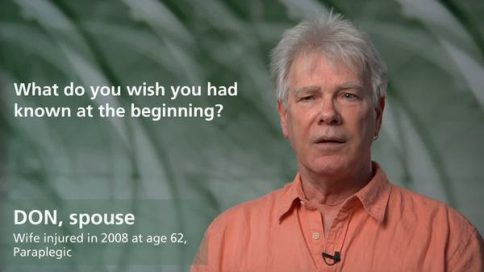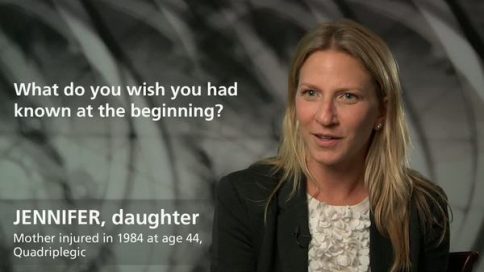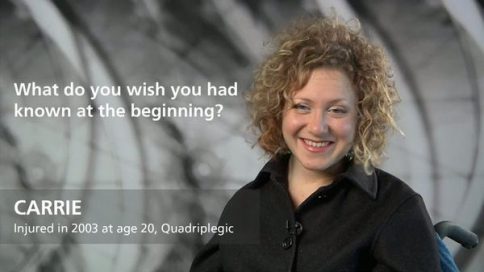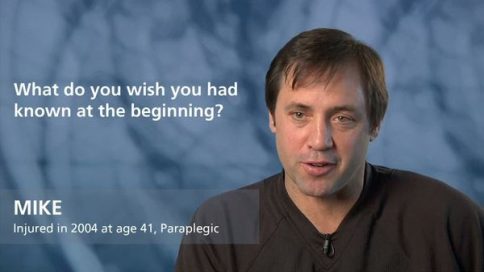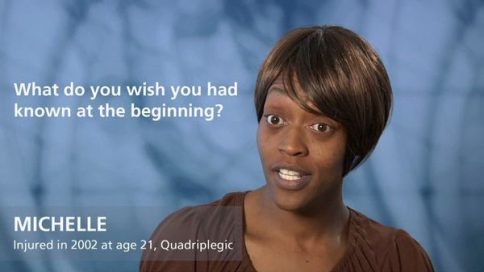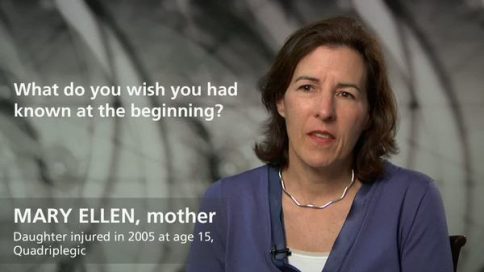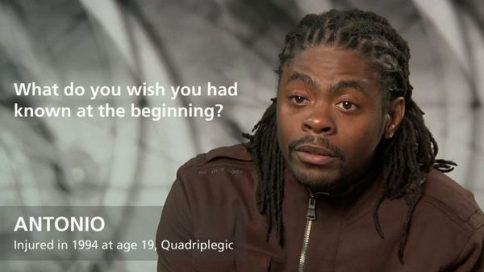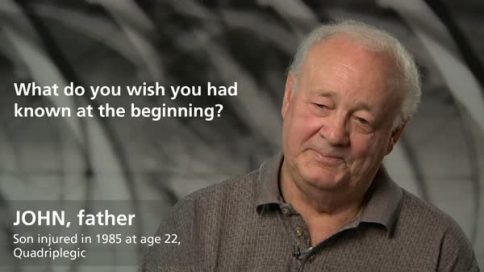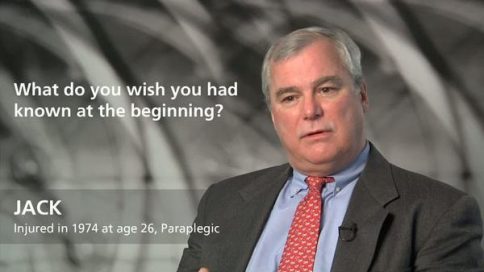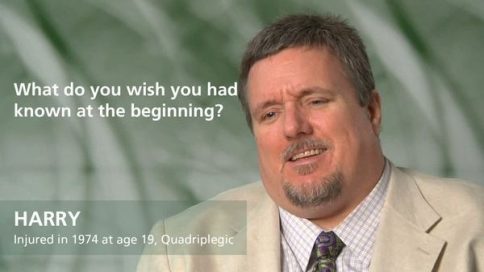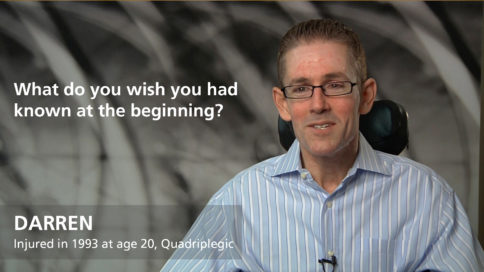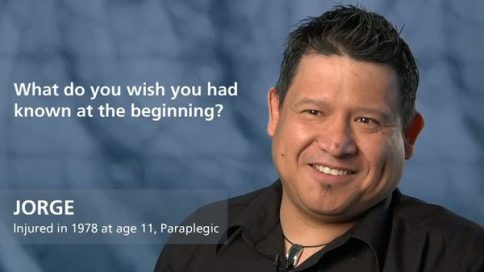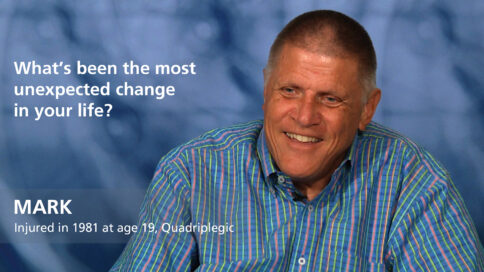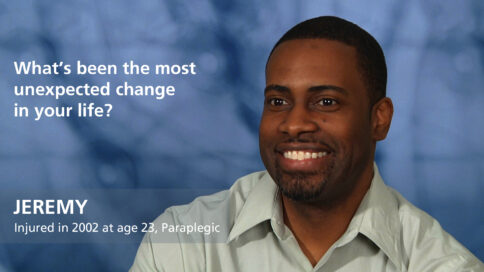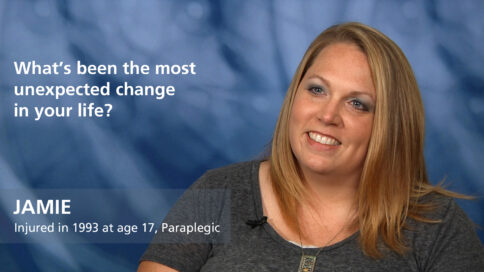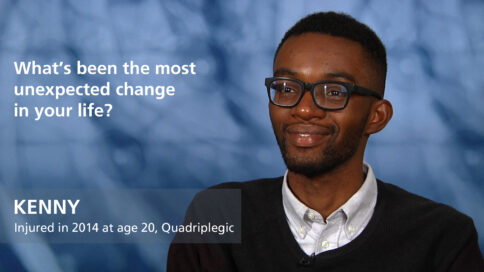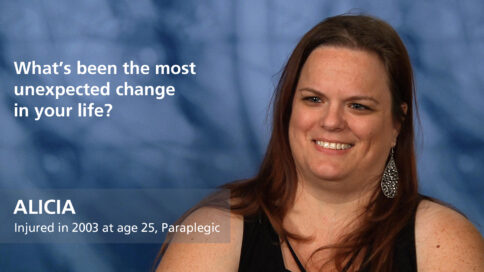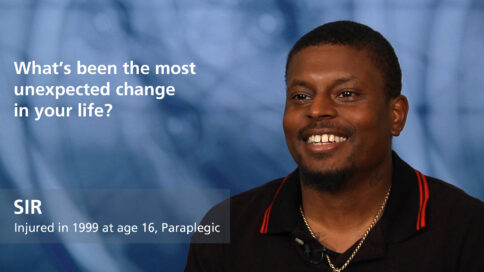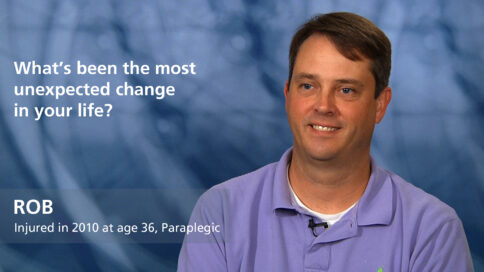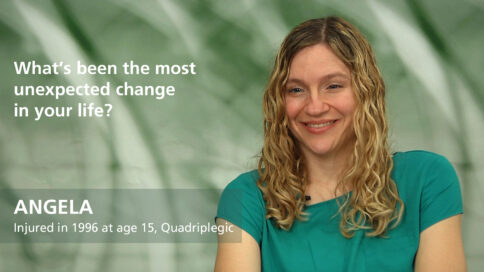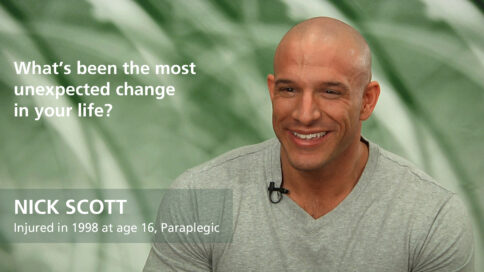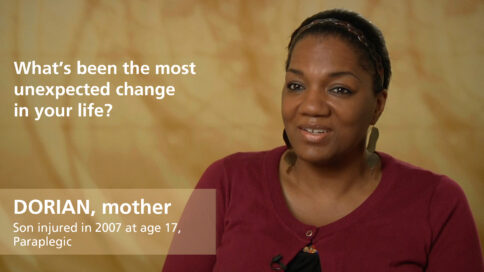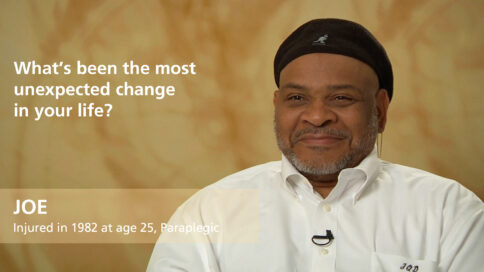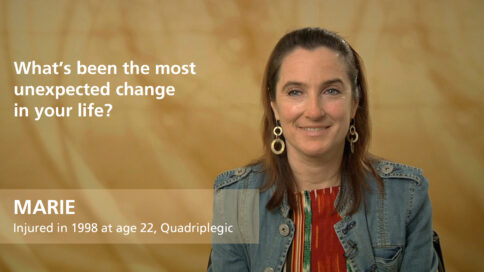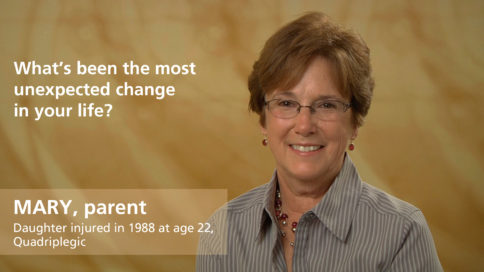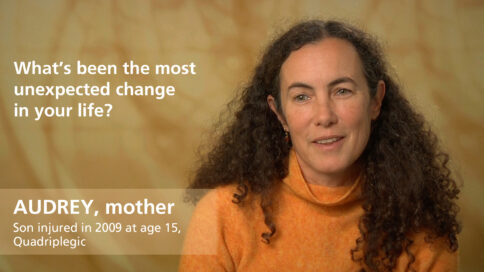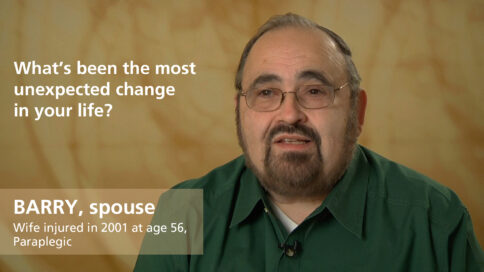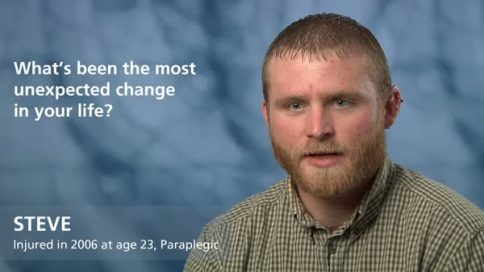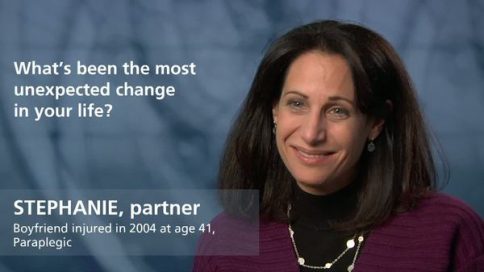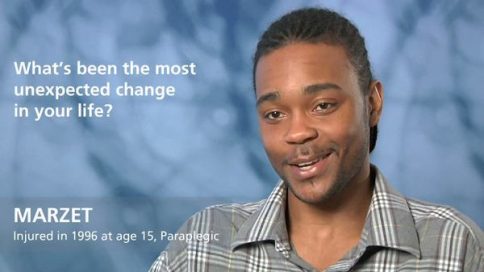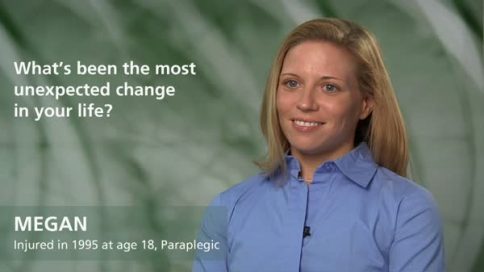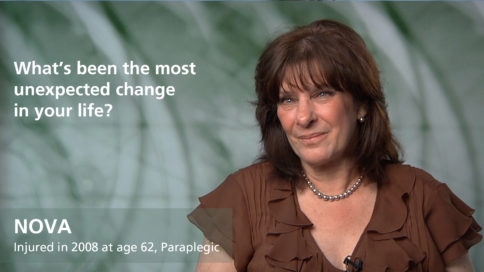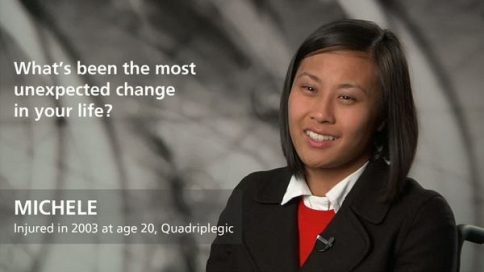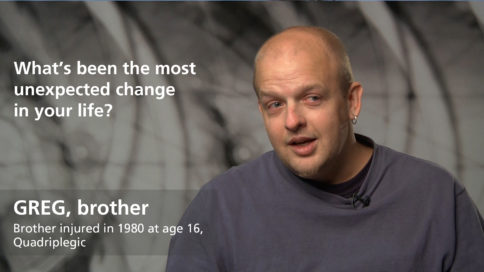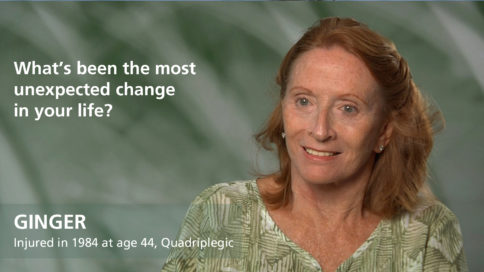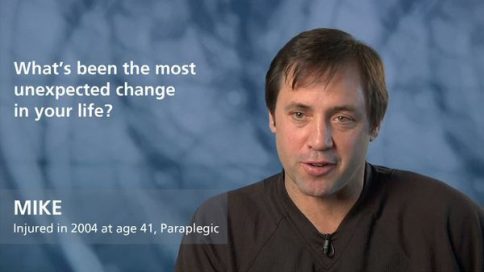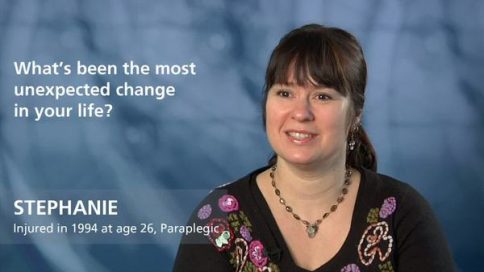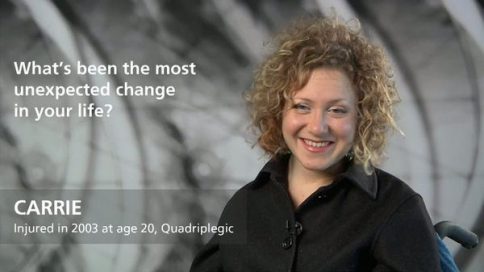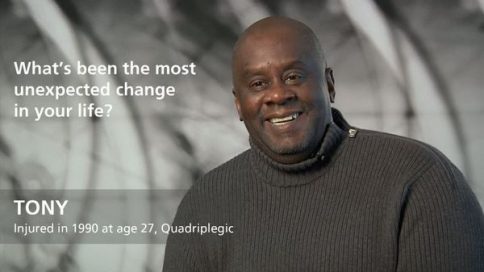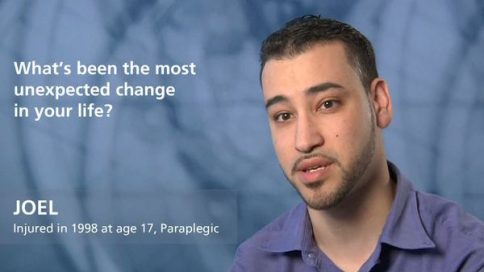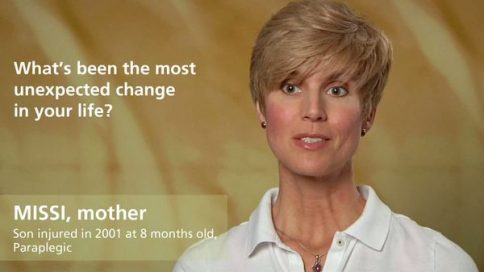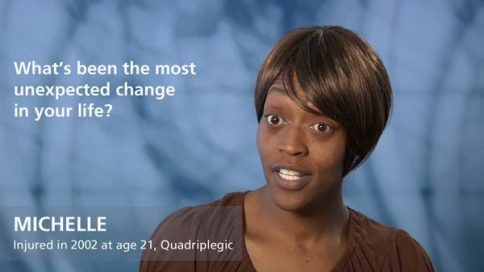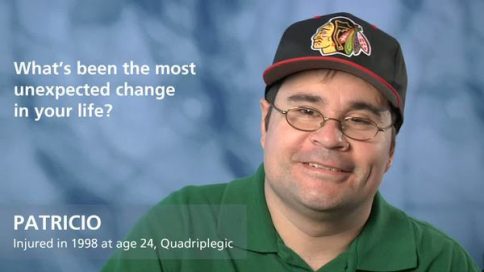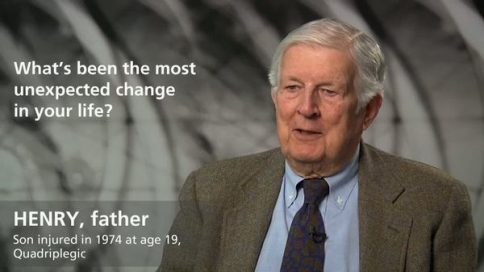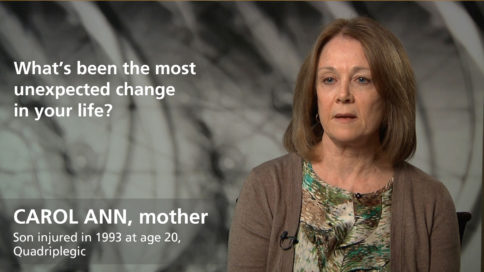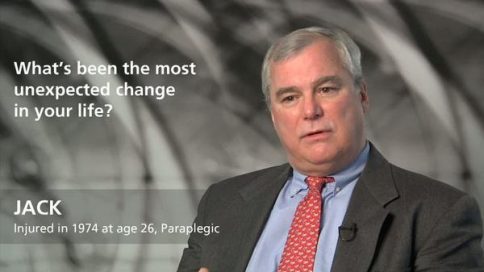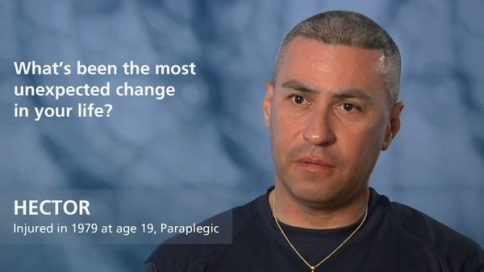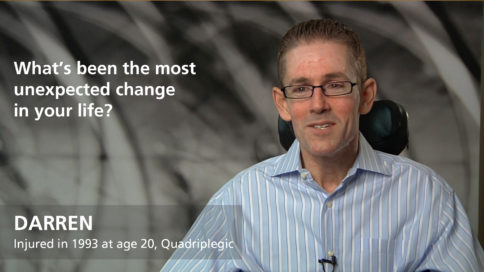How can people develop the mental flexibility to shift their dreams? - Guy W. Fried, MD
|
|
How can people develop the mental flexibility to shift their dreams? |
|
Guy W. Fried, MDChief Medical Officer, Magee Rehabilitation Hospital, Philadelphia |
||
| Read Bio | More Videos by Guy W. Fried | |
|
Share |
||
Transcript
I think there’s always help. I think help comes with the counseling. I think the help comes with the talking, whether it’s the other peers that are injured. Are there other family members looking at different opportunities and just offering perhaps the opportunity. No ballerina wants to hear about another job upon their injury, but it’s nice to have offers out there. You can say, “Here, I don’t want you to take this, or I’m not forcing you to take this, but there this opportunity, and you might enjoy doing something like this. It requires more of your brain rather than your legs and the ballerina dancing, but it requires more perspective, so you can choreograph as opposed to dance.” So you’re just looking at it, and saying perhaps you can tweak it a little bit, so you can have the same characteristics useful in a different way, but it’s a matter of trying to keep an open mind. That being said, it is very, very, very difficult to keep an open mind. It is very difficult to change, it is very difficult to change dreams, and it is very difficult to want to change dreams. It is very depressing to have to change dreams, so it’s a metamorphosis may occur, and it may not be in the patient’s power to do it. You do your best to lead them to the water to see if they can drink. You don’t want to criticize for not doing it because that just adds to the problem.
Show Less|
|
||
add
How can people develop the mental flexibility to shift their dreams? |
||
Guy W. Fried, MDChief Medical Officer, Magee Rehabilitation Hospital, Philadelphia |
More Videos by Guy W. Fried | |
| Transcriptadd | share | |
I think there’s always help. I think help comes with the counseling. I think the help comes with the talking, whether it’s the other peers that are injured. Are there other family members looking at different opportunities and just offering perhaps the opportunity. No ballerina wants to hear about another job upon their injury, but it’s nice to have offers out there. You can say, “Here, I don’t want you to take this, or I’m not forcing you to take this, but there this opportunity, and you might enjoy doing something like this. It requires more of your brain rather than your legs and the ballerina dancing, but it requires more perspective, so you can choreograph as opposed to dance.” So you’re just looking at it, and saying perhaps you can tweak it a little bit, so you can have the same characteristics useful in a different way, but it’s a matter of trying to keep an open mind. That being said, it is very, very, very difficult to keep an open mind. It is very difficult to change, it is very difficult to change dreams, and it is very difficult to want to change dreams. It is very depressing to have to change dreams, so it’s a metamorphosis may occur, and it may not be in the patient’s power to do it. You do your best to lead them to the water to see if they can drink. You don’t want to criticize for not doing it because that just adds to the problem.
